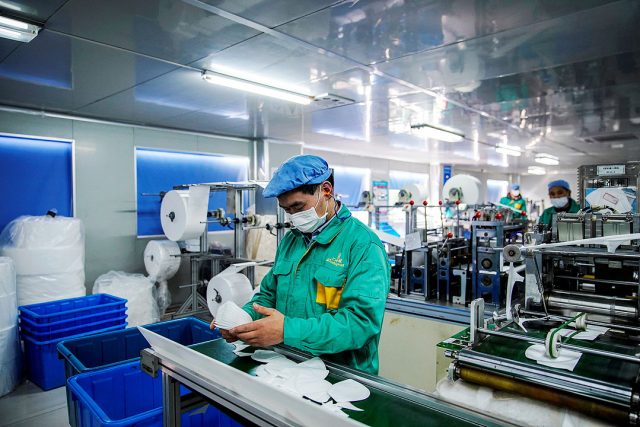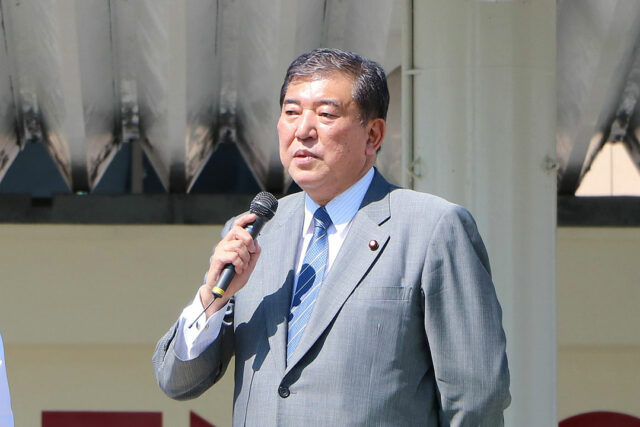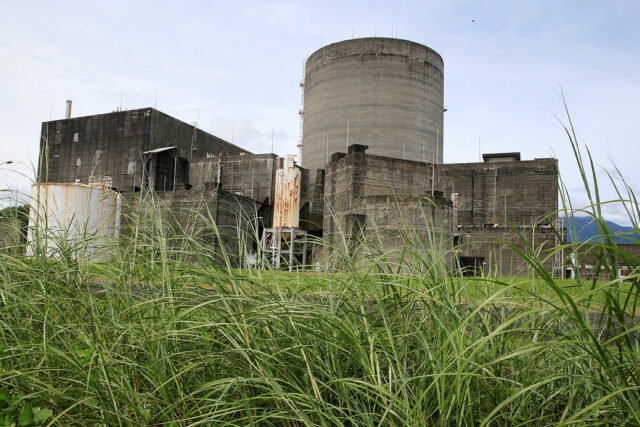Globe receives coveted Five Golden Arrow Award for 3rd consecutive year

Cementing its corporate governance leadership, Globe has secured the prestigious Five Golden Arrow Award from the Institute of Corporate Directors (ICD) this year, the third consecutive time for the company to receive the coveted recognition.
The Golden Arrow Awards are part of the ASEAN Corporate Governance Scorecard (ACGS) program, which evaluates publicly-listed and insurance companies across the ASEAN region on key governance areas such as shareholder rights, equitable treatment, transparency, and board accountability, all essential to maintaining strong corporate governance practices.
Being one of only five publicly-listed companies, and the only telco in the Philippines to receive this honor, underscores Globe’s unwavering dedication to transparency, accountability, and ethical business practices.
The achievement also reflects Globe’s ability to balance the interests of its shareholders and stakeholders while ensuring long-term sustainability in an ever-evolving business landscape.
The Golden Arrow is awarded to companies that scored at least 80 points in the ACGS Assessment across five performance levels. Globe secured the highest level by achieving a score of 120 to 130 points, earning the coveted five-arrow recognition.
“By consistently striving for excellence in governance, Globe has solidified its position as a trusted leader in the industry and a key driver of corporate governance standards across the region. With this latest accolade, we are well-positioned to continue elevating our governance practices, ensuring that Globe remains at the forefront of corporate governance excellence in the Philippines and beyond,” said Atty. Marisalve Ciocson-Co, Globe’s Chief Compliance Officer and SVP for Legal and Compliance.
In attendance at the 2024 awarding ceremony held at the Manila Marriott Hotel were key representatives from Globe’s Legal and Compliance team, including Atty. Ciocson-Co; Atty. Ria Caganda-Vistan, AVP; and Paralegals Grace Opeña and Harriette Martinez.
The event recognized a total of 111 publicly listed companies and 25 insurance companies in the ASEAN region that have exemplified excellence in corporate governance.
Globe’s continued achievement in the Golden Arrow Awards aligns with its efforts to comply with the Philippine Code of Corporate Governance and international best practices in governance.
This year, Globe also received an MSCI ESG Rating of “AA” for the second consecutive time, reflecting its Environment, Social, and Corporate Governance (ESG) leadership in the telecom industry. MSCI ESG Research assesses governance structures, policies, targets, performance metrics, and any related controversies of companies. Globe’s “AA” rating demonstrates its proactive approach to managing risks and its dedication to sustainable business practices. Globe has also received its SBTI approval for its net zero pathway until 2050.
For more information on how Globe creates value, please check the 2023 Globe Integrated Report. To learn more about Globe, visit www.globe.com.ph.
Spotlight is BusinessWorld’s sponsored section that allows advertisers to amplify their brand and connect with BusinessWorld’s audience by publishing their stories on the BusinessWorld Web site. For more information, send an email to online@bworldonline.com.
Join us on Viber at https://bit.ly/3hv6bLA to get more updates and subscribe to BusinessWorld’s titles and get exclusive content through www.bworld-x.com.












